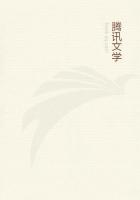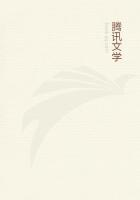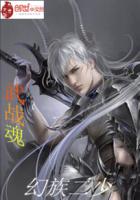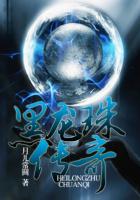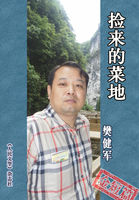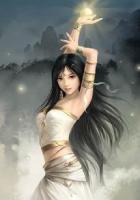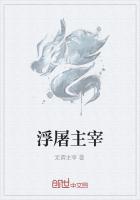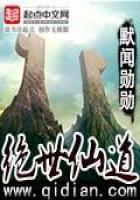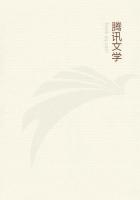The coolies are frequently possessed of physiques which would have delighted Michael Angelo; and as for the phenomenal corpulency of the wrestlers, it would have made of the place a very paradise for Rubens. In regard to the doctors,--for to call them surgeons would be to give a name to what does not exist,--a lack of scientific zeal has been the cause of their not investigating what tempts too seductively, we should imagine, to be ignored. Acupuncture, or the practice of sticking long pins into any part of the patient's body that may happen to be paining him, pretty much irrespective of anatomical position, is the nearest approach to surgery of which they are guilty, and proclaims of itself the in corpore vili character of the thing operated upon.
Nor does the painter owe anything to science. He represents humanity simply as he sees it in its every-day costume; and it betokens the highest powers of generalized observation that he produces the results he does. In his drawings, man is shown, not as he might look in the primitive, or privitive, simplicity of his ancestral Garden of Eden, but as he does look in the ordinary wear and tear of his present garments. Civilization has furnished him with clothes, and he prefers, when he has his picture taken, to keep them on.
In dealing with man, the Far Oriental artist is emphatically a realist; it is when he turns to nature that he becomes ideal.
But by ideal is not meant here conventional. That term of reproach is a misnomer, founded upon a mistake. His idealism is simply the outcome of his love, which, like all human love, transfigures its object. The Far Oriental has plenty of this, which, if sometimes a delusion, seems also second sight, but it is peculiarly impersonal.
His color-blindness to the warm, blood-red end of the spectrum of life in no wise affects his perception of the colder beauty of the great blues and greens of nature. To their poetry he is ever sensitive. His appreciation of them is something phenomenal, and his power of presentation worthy his appreciation.
A Japanese painting is a poem rather than a picture. It portrays an emotion called up by a scene, and not the scene itself in all its elaborate complexity. It undertakes to give only so much of it as is vital to that particular feeling, and intentionally omits all irrelevant details. It is the expression caught from a glimpse of the soul of nature by the soul of man; the mirror of a mood, passing, perhaps, in fact, but perpetuated thus to fancy. Being an emotion, its intensity is directly proportional to the singleness with which it possesses the thoughts. The Far Oriental fully realizes the power of simplicity. This principle is his fundamental canon of pictorial art. To understand his paintings, it is from this standpoint they must be regarded; not as soulless photographs of scenery, but as poetic presentations of the spirit of the scenes.
The very charter of painting depends upon its not giving us charts.
And if with us a long poem be a contradiction in terms, a full picture is with them as self-condemnatory a production. From the contemplation of such works of art as we call finished, one is apt, after he has once appreciated Far Eastern taste, to rise with an unpleasant feeling of satiety, as if he has eaten too much at the feast.
Their paintings, by comparison, we call sketches. Is not our would-be slight unwittingly the reverse? Is not a sketch, after all, fuller of meaning, to one who knows how to read it, than a finished affair, which is very apt to end with itself, barren of fruit?
Does not one's own imagination elude one's power to portray it? Is it not forever flitting will-o'-the-wisp-like ahead of us just beyond exact definition? For the soul of art lies in what art can suggest, and nothing is half so suggestive as the half expressed, not even a double entente. To hint a great deal by displaying a little is more vital to effect than the cleverest representation of the whole.
The art of partially revealing is more telling, even, than the ars celare artem. Who has not suspected through a veil a fairer face than veil ever hid? Who has not been delightedly duped by the semi-disclosures of a dress? The principle is just as true in any one branch of art as it is of the attempted developments by one of the suggestions of another. Yet who but has thus felt its force?
Who has not had a shock of day-dream desecration on chancing upon an illustrated edition of some book whose story he had lain to heart?
Portraits of people, pictures of places, he does not know, and yet which purport to be his! And I venture to believe that to more than one of us the exquisite pathos of the Bride of Lammermoor is gone when Lucia warbles her woes, be it never so entrancingly, to an admiring house. It almost seems as if the garish publicity of using her name for operatic title were a special intervention of the Muse, that we might the less connect song with story,--two sensations that, like two lights, destroy one another by mutual interference.
Against this preference shown the sketch it may be urged that to appreciate such suggestions presupposes as much art in the public as in the painter. But the ability to appreciate a thing when expressed is but half that necessary to express it. Some understanding must exist in the observer for any work to be intelligible. It is only a question of degree. The greater the art-sense in the person addressed, the more had better be left to it.
Now in Japan the public is singularly artistic. In fact, the artistic appreciation of the masses there is something astonishing to us, accustomed to our immense intellectual differences between man and man. Sketches are thus peculiarly fitting to such a land.

